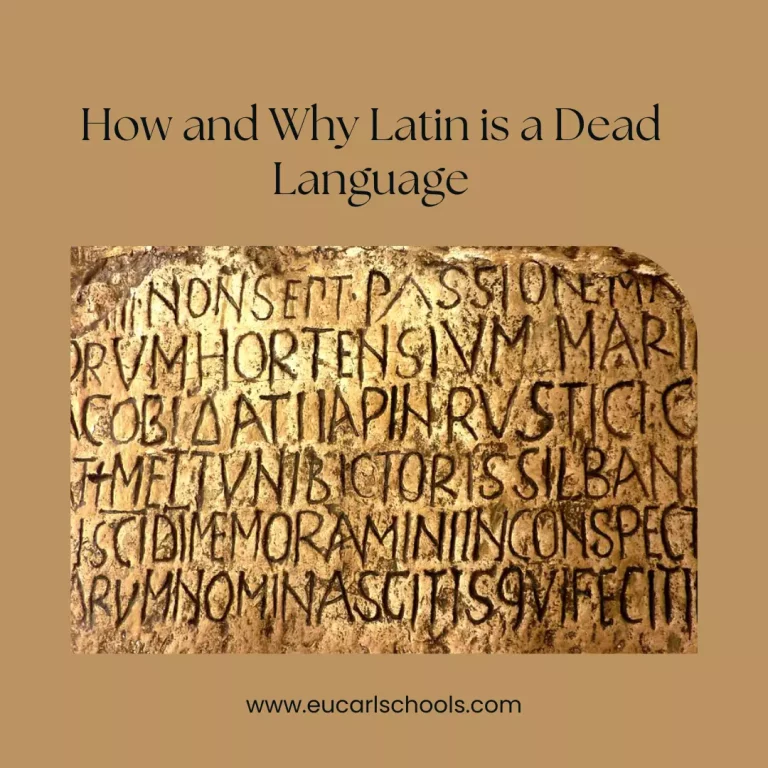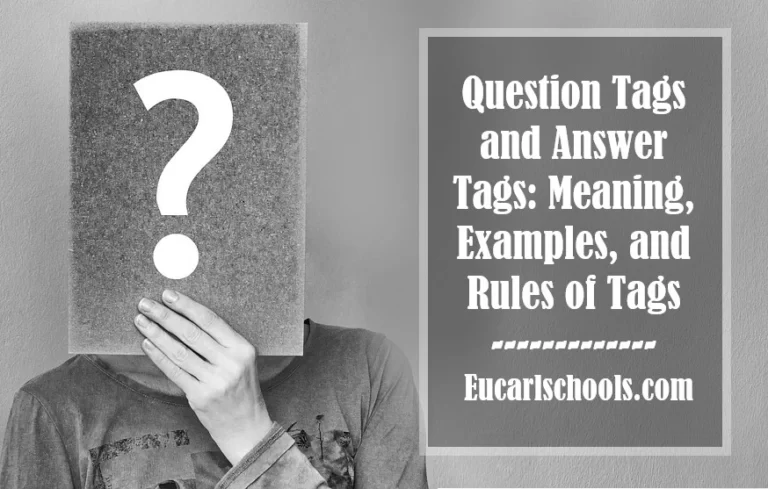Major Differences Between Upon and Apon
Upon vs Apon: Differences and Meanings. I am sure you have heard of the word, upon and apon, and even if you haven’t, well you are in the right place and certainly as an English speaker, upon. For starters, apon could actually serve as an acronym for applications online in the realm of computer sciences or in the medical sciences, it could be acquired pit of the optic nerve and in the nursing world, it is the association of pediatric oncology nurses.
However, the apon we would be looking at in this discourse is the one that serves as a preposition and also ways it differs from upon.
Apon, it turns out, is the old version of upon used last nearly about three hundred years ago in what was known as the Middle English era. It is certainly not as commonly used in the latest English literature titles or even body of works written in English, but, if you were a devout lover of old works, you must have happened on these phrases.

How are Upon and Apon used?
Upon is a combination made of two words, “up” and “on”. It actually regarded as the formalized version of on. So, if you are conversant with your basic English grammar, this shouldn’t be so much of a struggle because upon is a preposition. This means upon and apon are prepositions. Prepositions like upon and apon link a nouns or even verbs in a sentence.
Here are some examples of how upon is used in sentences:
The sales girl followed her madam to the shop upon her arrival.
Once upon a time, there was a big black woman.
She took her heels upon the sight of a lion.
The president swore upon his honor to deal with the mess.
Veronica upon arrival at the office received the shocker of her sack.
She proved to be a good friend that wouldn’t leave upon the slightest provocation.
Maybe Isaac should have mounted upon the horse at the beachside.
Usage of Upon and Apon
Both Upon and Apon are the same prepositions with the same usage, only that some centuries back, no one would integrate upon in any of their writings, fast forward now, upon is the raving preposition over apon.
Let’s consider this poem below:
Full dearly to him that ye pray
To him, that was don apon a tree
To safe yowr sallis on dowymysday
Qwen all salles savyd mon be.
As you would notice, nearly every word used has gone extinct in the latest writings.
If we are to transcribe to words used now, the poem would read thus:
Fully dearly to him that you pray,
To him, that was down upon a tree,
To safe your sales on doomsday,
When all sales saved man be.
What really are these differences?
Upon Arrival as against Apon arrival
Apon arrival definitely gives the idea of an old English speaker in comparison to the use of upon.
So, it is best to say:
The lady was laid-off upon the arrival of her boss
And not,
The lady was laid-off apon the arrival of her boss.
Agreed Upon as against Agreed Apon
Just like the last example, apon is an old-fashioned English word.
They agreed upon a car and a sum of one million Naira before the deal could be struck.
This statement is much better than:
They agreed apon a car and a sum of one million Naira before the deal could be struck.
Conclusion
In general terms, there is not exactly any difference between upon and apon just like the differences between dissertation and thesis except for the fact that the former is old English and might not be relevant in recent conversations, and the latter, upon is the new replacement.






